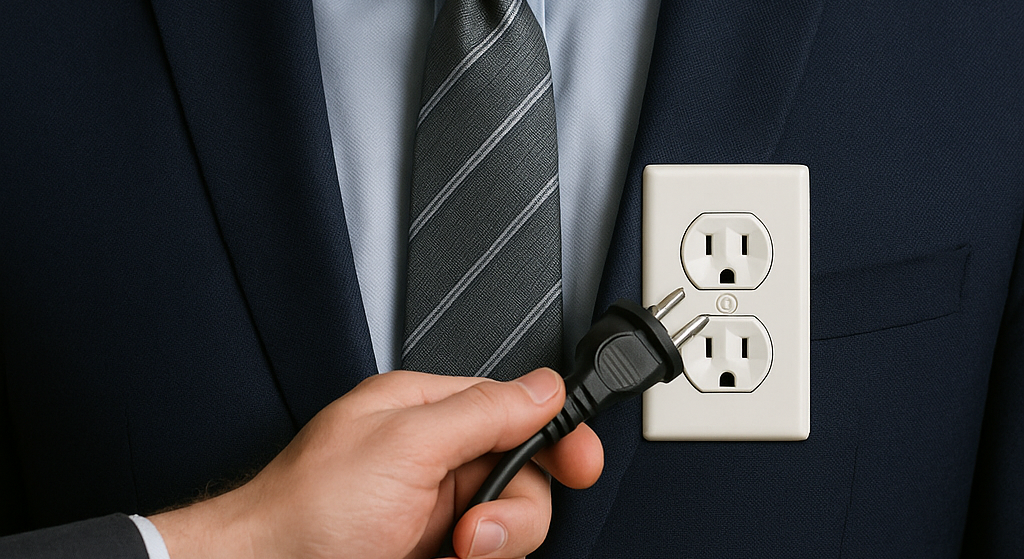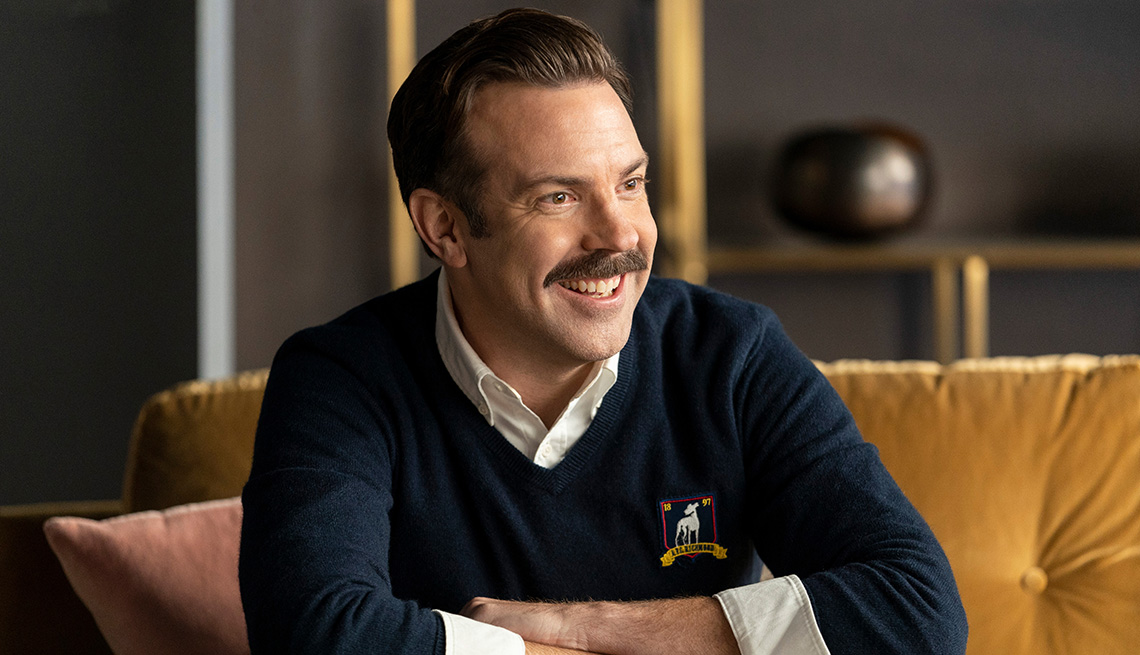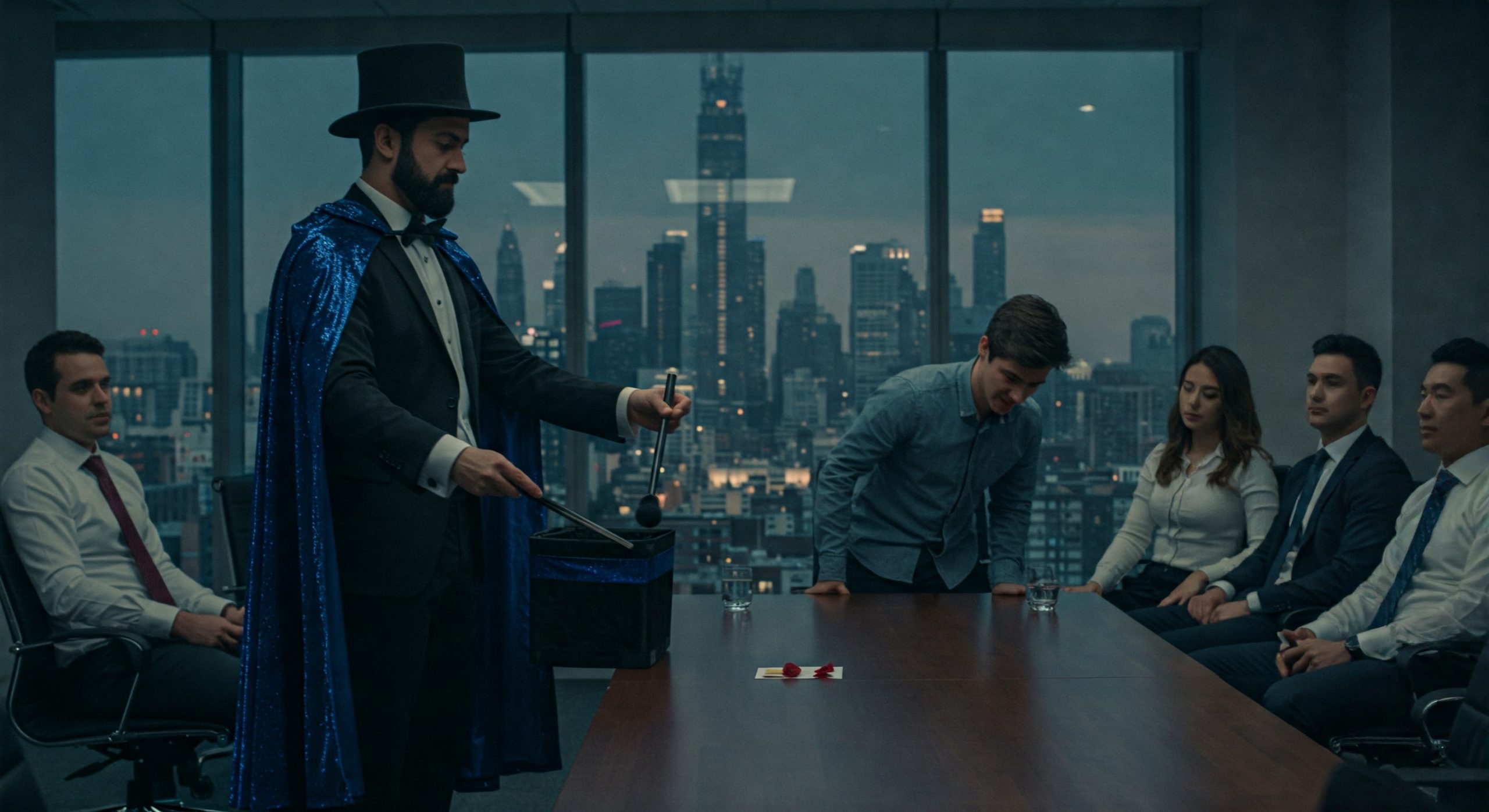Feeling Trapped
John and Brooke met and fell in love quickly. Their compatibility was high, and the relationship was strong. After a few years both expressed a verbal interest in future in marriage and family. In that time they discovered, as with many couples, areas where they differ in their views. Most of these differences were simple things like favorite sports teams, movies they watched, songs they liked, or food they would eat. Nothing substantial, but differences that stood out nonetheless.
There was one difference however, that challenged the relationship. Brooke desired a strong and consistent emotional commitment to the future, while John struggled with limited emotional availability and consistency. At times his words and actions would match and sometimes they didn’t. Brooke began to compensate to win his commitment. An emotional tug of war was at play. Both were struggling differently with the pressure to move forward in the relationship. The erratic nature of the concerns grew in frequency and ultimately each of them developed issues with trust. Tensions grew high, and the once unified relationship became threatened.
Brooke cared deeply and didn’t want to give up the emotional investment. She believed if she could just do the right things in the right way she could “fix” the problem. John also cared but, liked things the way they were and resisted change and progress he was simply was unable to move forward and commit the way Brooke hoped. Brooke held on to hope but eventually grew weary, angry and distrusting of John in the process of waiting over the years.
John became detached and hurt from the anger and pressure to move forward. Brooke also began to pull back from the relationship and struggled with rejection. At the brink of throwing in the towel, the client in this case came desiring to gain a new perspective that either sponsored a move toward emotional health inside the relationship or move on from it to regain independence and emotional health.
Does this sound familiar? You may have experienced this or know someone who has. Anyone in this position is often faced with extraordinary pressure and high impact decisions related to their future. It is very possible to feel trapped and powerless. When faced with a dilemma of emotional equality in a relationship, here are a few perspectives and questions that may help you move forward and find freedom.
5 Perspectives To Consider
1. The Other Person Does Not Feel The Same As You – It sounds obvious, but hard to admit. What a person says or how many times the conversation takes place does not mater nearly as much as their actions. Actions reflect true intentions. People will make mistakes, miscommunicate and go through difficult times. However, a relationship that is characterized by issues of transparency, vulnerability and consistency reveal that the emotions and commitment are simply not equitable. No amount of conversation will ever convince another person to feel or commit. Attempts to conjure up feelings in another person lead to controlling, manipulative and destructive behaviors on both sides. It is important to seek to recognize that a person’s commitment levels are different and come to acknowledge that difference. In time, the person will either recognize and work through their emotional limitations or become defensive, despondent and likely retreat further emotionally. The sustainability of the relationship will then reveal itself.
Questions To Ask Yourself:
- What core desire in your life are you looking for this person to fill?
- What are your relationship goals and what are you not willing to compromise? (Write them down)
- What is important to you about emotional equity in a relationship?
- What ways are you allowing this approach to derail your purpose and meaning in life?
2. You Cannot Change Another Person – Healthy relationships challenge and bring about change that is good for both people involved. Growth is an important part of a vibrant relationship. This goes for friendships, siblings, as well as romance. Growth, organically grown in a relationship is ideal. It takes effort and intentionality. It is an equal commitment by both people to grow. An inequitable relationship will typically have one person pursuing the change and growth and the other passively or even aggressively resisting that change. Sometimes just having a meaningful conversation can make a significant difference and bring improvement. Seek to recognize the signs that your relationship is inequitable and work hard to get on the same page. If you cannot, focus on the change you can make for yourself and lower your expectations of change by them. This is not settling for less in the relationship, it is allowing space and freedom for the relationship to reveal itself in a more healthy constructive manner. Doing so will give you the objectivity to move forward and the best options to pursue.
Questions To Ask Yourself:
- What tactics are you tempted to use that are manipulative, shaming or coercive to change the other person?
- What expectations are you holding on the other person that you would not want held on yourself if roles were reversed?
- What attitudes, actions and tools could you use that would bring the most self-growth?
3. Their Limitations Are Not Your Fault – Blame is one of the easiest and yet deadly tools a person can use in a relationship. It is often the case with someone who is a “fixer” to accuse or blame the other person. Equally, they will often take on the emotional burden for the shortcomings of their partner, friend or family member. It is important to remember to not engage at their level. Their emotional limitations and issues are most frequently not your fault. We all have our influence in a relationship, but each person is ultimately responsible for themselves and their actions. Set yourself free from the burden of accepting another person’s limitations as your own. Do not allow them to affect your value and worth. You are capable of giving love and worthy of receiving it. If the other person is not willing to offer you emotional consistency you are not to blame. You may have other contributions in the relationship but, I repeat, their emotional limitations are not your fault.
Questions To Ask Yourself:
- In what ways are you taking on blame in ways that is causing self doubt, depression and discouragement?
- In what ways are you compensating in your emotional communication with this person or demonstrating poor behavior as a result of their limitations?
- What can you do to help yourself match their emotional commitment and give each of you space to consider the best future version of the relationship?
4. Letting Go is Not the Absence of Love – They say “if you love something set it free…” It is tempting to think that letting go means you have to let go of love. True love is inherently sacrificial. Letting someone be free to feel the way they feel and be who they are is a way of loving them. A misconception is that a person has to stay fully engaged in a situation to for love to endure. Depending on the type of commitment in place, this will look different in how it is managed. The principle remains; letting go of expectations, anger, control and dependency will begin the process of returning to emotional health. There may need to be physical separation in some cases, but even that is not the absence of love, nor is hope lost. The pain of that type of sacrifice is very real. It is self-effacing and difficult. However, if you are to know or see the reality of health in a relationship, setting yourself and the person free is a key.
Questions To Ask Yourself:
- What do you fear most about letting go? (emotionally, physically, other)
- What do you stand to gain from offering freedom to yourself and this person?
- What resources or accountability do you need in your life to learn to let go?
5. The Only Way To Fix It Is To Fix You – It sounds cliche because it is. This is not rocket science. Gaining emotional health for yourself will give you the perspective, time and ability to reconcile the emotions and the weight of being a “fixer”. Whether the relationship in focus survives will reveal itself. One thing is sure however, anger, depression, manipulation and control will not bring about anything healthy in any present or future relationship. You will not be ready to embrace a healthy relationship until a healthy perspective can be achieved. Give yourself the gift and freedom to hurt, feel and process the emotions you have dealt with or are presently dealing. Find a good friend, a counsellor, and a coach to help you navigate the past and pursuing your empowered future.
Questions To Ask Yourself:
- What commitment are you ready to make to letting go of control and letting go of being controlled by the emotions of another person?
- What will your life look like when you experience the freedom that comes from letting go?
- What are your goals for yourself in the next 12 months and how will you pursue them?
**The story presented here is based on several case studies. The names and circumstances have been altered to protect the identity of the individuals. Any connection of this story and any other is purely coincidental.






